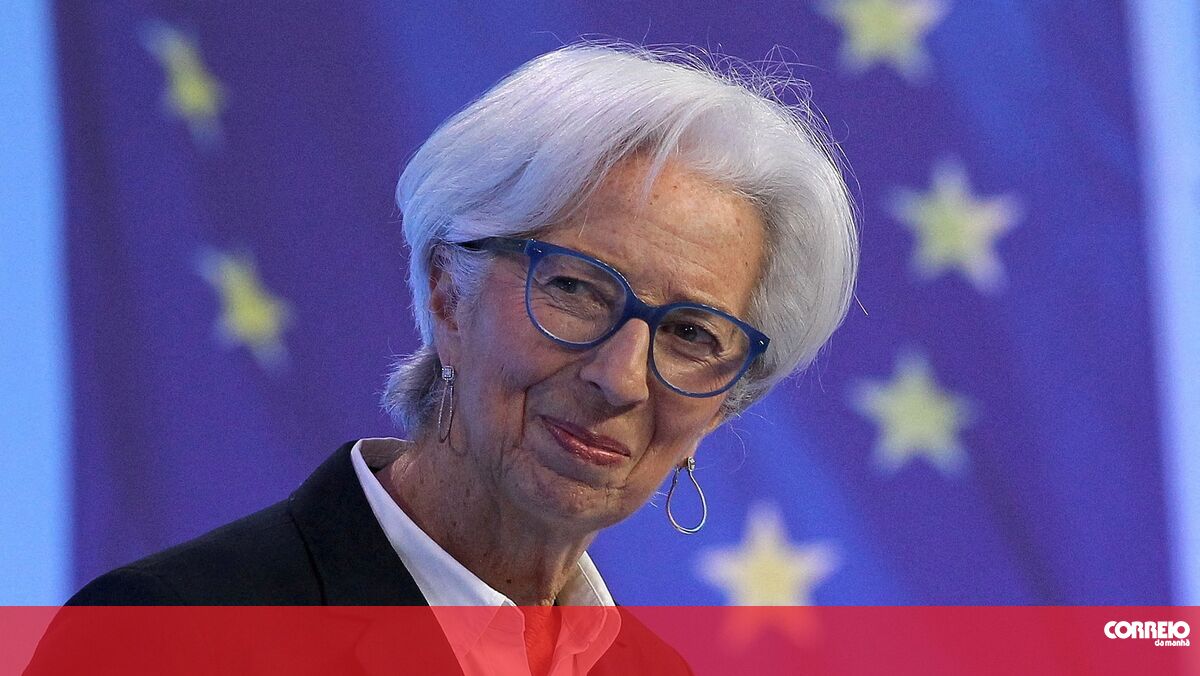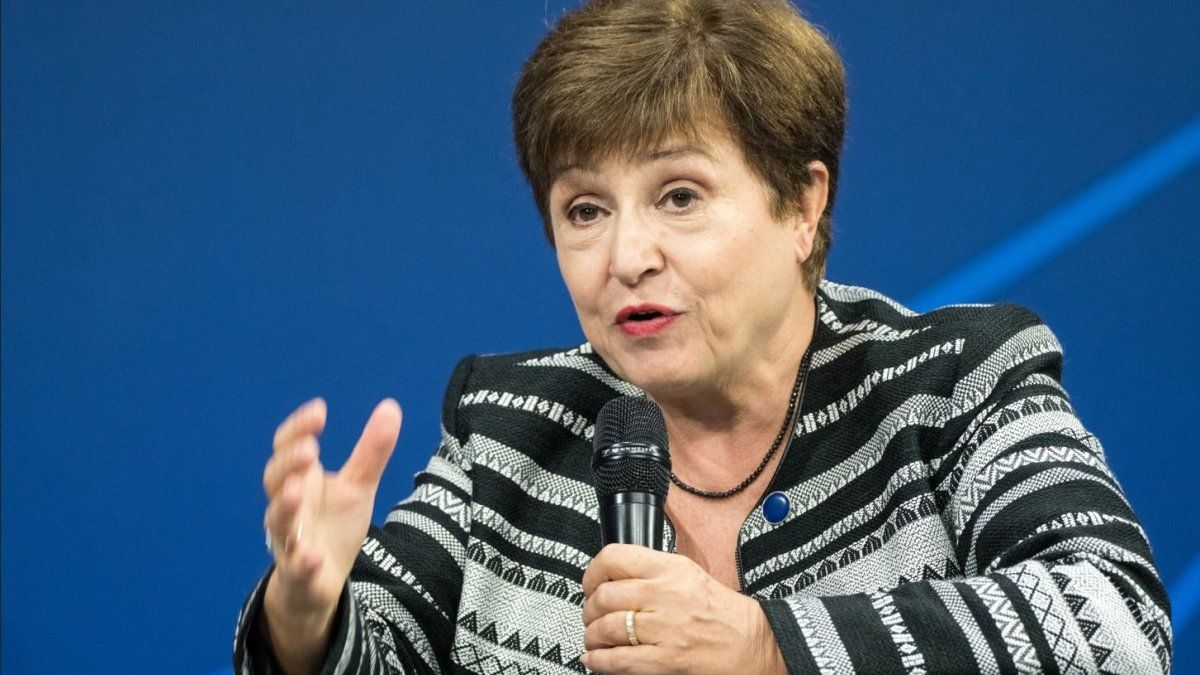The interest rate on the main refinancing operations is increased to 0.5% (from the previous level of 0%), the margin loan interest rate is increased to 0.75% (from 0.25%), and the deposit rate to 0% (compared to previous -0.50%). All of them were at historical lows.
The aim is to stem inflation in the Eurozone, which reached 8.6% in June, the highest level since the introduction of the single currency. The rate has largely exceeded the ECB’s inflation target of close to 2%, under the influence of the war and the energy crisis.
The monetary authorities justify the fact that they increased interest rates to a greater extent than indicated at the last meeting (25 basis points) in connection with the renewal of the economic scenario in the Eurozone and the introduction of a new “anti-fragmentation” tool.
“The Board of Governors saw fit to take a larger first step towards the normalization of key interest rates than announced at the previous meeting. This decision is based on an updated assessment by the Board of Governors of inflationary risks and enhanced support provided by [pela nova ferramenta ‘anti-crise’] for the effective transmission of monetary policy,” writes the monetary authority.
The ECB ensures that “it will support the return of inflation to the Governing Council’s medium-term target by anchoring inflation expectations more firmly and ensuring that demand conditions are adjusted to meet the medium-term inflation target.”
After this rise, the ECB has already signaled that it will do so again in September. Thus, the market has already made this decision, which has led to a deterioration in sovereign debt yields and increased risk concerns. To stop the possibility of a crisis, the monetary authorities will come up with a new tool against fragmentation.
Thus, the central bank left the door open for further hikes in key interest rates, as was already done at its last meeting on June 9th. “At the next meetings of the Governing Council, a new normalization of interest rates will be appropriate,” he explains.
“The future dynamics of key interest rates, determined by the Governing Council, will continue to depend on data and help achieve a medium-term inflation target of 2%,” the ECB adds.
“Inflation is expected to remain undesirably high for some time to come,” Lagarde stresses.
“[É expectável] that inflation will remain undesirably high for some time to come,” Christine Lagarde said, noting that in the long term, the ECB expects inflation to be in line with the monetary authorities’ target.
Author: business magazine
Source: CM Jornal




